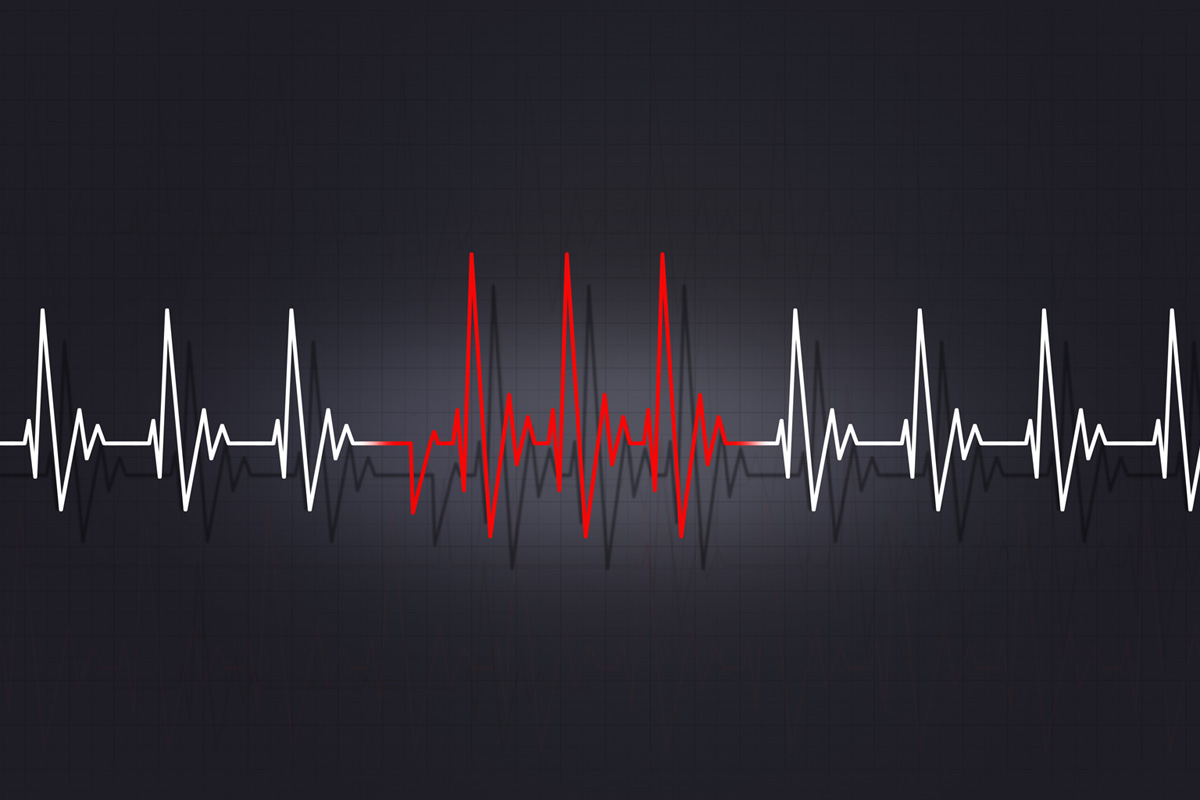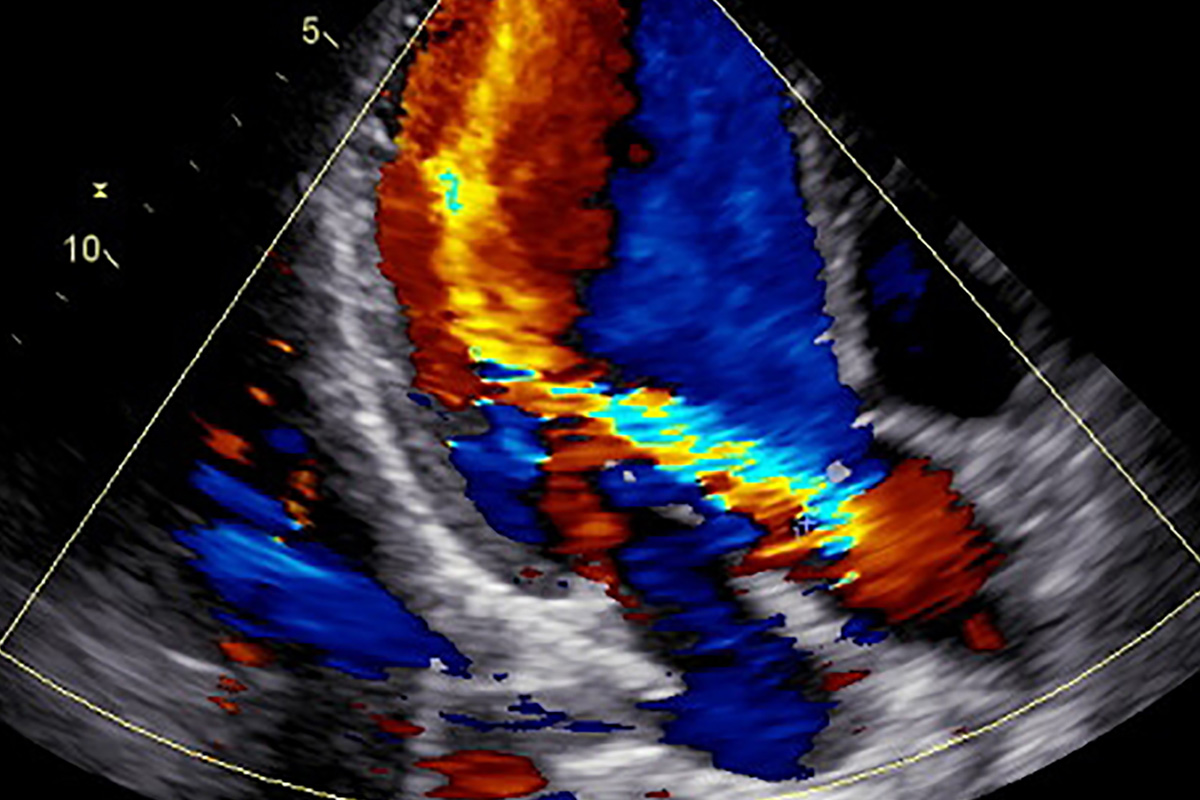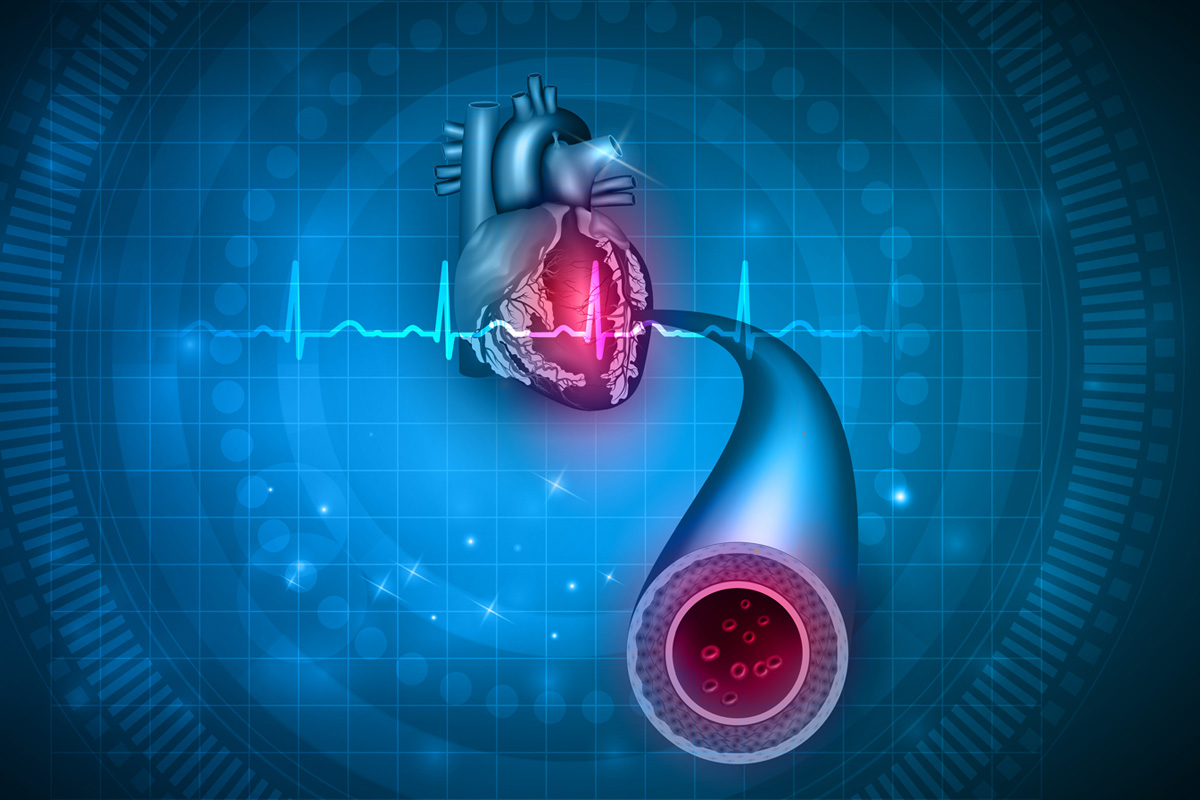Cardiovascular Concerns
We understand that a diagnosis or concern of heart disease may be unsettling or frightening to many of our patients. We work with you and inform you so that you may better understand your diagnosis and what that diagnosis and any treatments might entail. Certainly, discussing the specifics of your particular concerns at your appointment provides the greatest information specific to your heart issues. In this section we provide a general overview of pertinent cardiac and vascular topics.
Visit Buckeye Heart & Vascular Institute
Our focus on patient-centered care and our commitment to helping each of our patients improve their cardiovascular health make us an ideal partner in your cardiovascular health journey.





